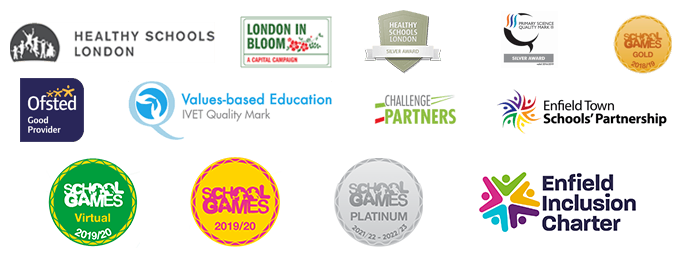Maths
Maths - The Capel Way
At Capel Manor Primary School, we believe that mathematics is an essential life skill and a gateway to understanding the world. A high-quality mathematics education equips pupils to think logically, solve problems and approach challenges with resilience and creativity. Our intention is for all pupils to develop a deep, secure and connected understanding of mathematical concepts, so they can apply their knowledge confidently and flexibly in a range of contexts.
Our Mathematics Curriculum is designed to be detailed, progressive and coherent. Prior learning is continually revisited and built upon to develop fluency, flexibility and deep conceptual understanding. Throughout the school, children engage in rich tasks, practical experiences, and structured discussions that promote mathematical thinking. Representations, structures and precise mathematical language are consistently used to support learning, empowering pupils to become fluent, confident and independent mathematicians.
Through our teaching for mastery approach, we ensure that every child has the opportunity to succeed in mathematics. A typical lesson follows a carefully structured sequence that allows all pupils to move through the curriculum at broadly the same pace, while enabling depth of understanding and challenge for all.
Lessons are designed around the Five Big Ideas:
- Coherence – Small steps are used to build understanding gradually and avoid cognitive overload.
- Representation and Structure – We use concrete and pictorial representations to expose mathematical structures and support deep understanding.
- Mathematical Thinking – Children are encouraged to reason, explain, and make connections through talk and exploration.
- Fluency – Rapid and accurate recall is developed through intelligent practice and variation, not rote repetition.
- Variation – Both conceptual and procedural variation are used to deepen understanding and highlight essential features.
Building Automaticity in EYFS & KS1
Mastering Number is a vital part of our mathematics curriculum in EYFS and Key Stage 1 (Years 1 and 2). It is aimed at helping children develop a strong foundation in number skills. The programme focuses on ensuring that children become confident and fluent in their understanding of numbers, which is essential for future success in maths.
Through short sessions, children engage in practical activities that build their understanding of key concepts such as counting, number bonds, and place value. They work on becoming quick and accurate in recalling number facts, like addition and subtraction facts, which form the building blocks for all future maths learning.
Building Automaticity in Years 3 & 4
In Years 3 and 4, we continue to build on our strong foundation of number facts by focusing on times tables and division. Each day, children complete booklets that contain times table and division questions. These are designed to be quick-fire, with children aiming to answer all the questions in just 2 minutes.
Before beginning the booklet, children start with a short chanting session, where they rehearse their times tables out loud. This helps to reinforce the facts in their memory and ensures they can recall them quickly and confidently.
By the end of Year 4, we expect all children to have mastered their times tables up to 12 x 12 and be able to apply these facts quickly in different mathematical contexts. This approach supports fluency, ensuring children are ready for more advanced problem-solving and reasoning tasks in later years.
Vocabulary and Oracy
Alongside a focus on problem-solving, reasoning, and fluency, we prioritise the development of children’s vocabulary and oracy to support mastery learning. As part of our Teaching for Mastery approach, children engage in meaningful mathematical discussions where they are encouraged to articulate their thinking, justify their reasoning and refine their understanding of concepts. Children learn to:
- Listen and respond to adults and peers in mathematical discussions.
- Ask relevant questions to extend their understanding.
- Use precise vocabulary (e.g., “vinculum” instead of fraction line).
- Justify answers and explain reasoning clearly.
- Consider different viewpoints and build on others’ ideas.
- Actively participate in discussions and share their thoughts.
- Answer in full sentences for clear mathematical communication.
In line with our Teaching for Mastery principles, vocabulary is explicitly taught and revisited frequently in context, both in structured tasks and during rich discussions. Through consistent opportunities for pair talk, ping-pong style teaching, and the use of stem sentences, children are encouraged to apply their vocabulary flexibly, linking their understanding to concrete experiences and developing mastery over time.
.
We follow the Oak National Strategy which supports the scheme used throughout the school:
- Addition and Subtraction calculation strategy
- Multiplication and Division calculation strategy
Times Tables Rockstars
Here are some links for extra advice and games to play:
http://www.topmarks.co.uk/maths-games/hit-the-button
http://www.topmarks.co.uk/maths-games/7-11-years/times-tables
https://komodomath.com/blog/a-parents-guide-to-learning-times-tables









